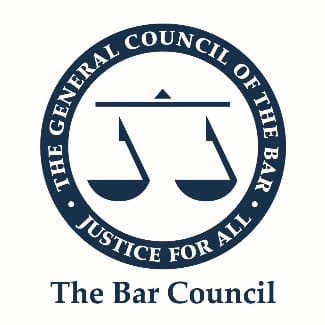Guest v Guest [2022] UKSC 27
Judgment date: 19 October 2022
https://www.supremecourt.uk/cases/uksc-2020-0107.html
Lord Briggs, Lady Arden, Lord Leggatt, Lord Stephens, Lady Rose. What is the proper approach to granting relief under the doctrine of proprietary estoppel?
The claimant Andrew Guest had relied to his significant detriment on assurances made by his father with this mother’s tacit agreement that he would inherit a significant proportion of the family farm and farming business. At first instance, HHJ Russen QC gave effect to these assurances by ordering payment to Andrew of a clean break lump sum that could only be achieved through sale of the farm – summary here. This decision was upheld by the Court of Appeal – summary here – which held that the judge had been entitled to consider Andrew’s expectation a strong factor in deciding how to satisfy the equity. The sale of a farm to achieve a clean break was not without precedent and had been necessary in other cases.
Held by majority (Briggs, Arden, Rose) that role of estoppel is to remedy unconscionability of going back on promise, not to compensate for the detriment suffered. If going back on the promise is unconscionable in all the circumstances, the usual remedy should be to enforce the promise. Proportionality is a cross-check against injustice. Where enforcing promise would cause injustice to another or would be disproportionate, then court may need to limit remedy but that is not the same as compensating for detriment. Court should generally discount where there is accelerated receipt. Approach of judge at first instance to look at expectation was correct except he should have applied discount. The respondent parents could choose between putting the farm into trust for the children subject to a life interest in the parents’ favour; or making an immediate payment of compensation with a discount.
Minority (Leggatt and Stephens) would have compensated for detriment, which would require either compelling performance of promise or otherwise compensate to put in position they would have been in if the promise had been performed, whichever is lesser. In this case, that would be the loss of earnings Andrew had suffered through not working elsewhere for a higher wage.








